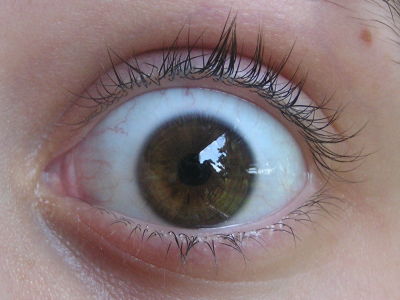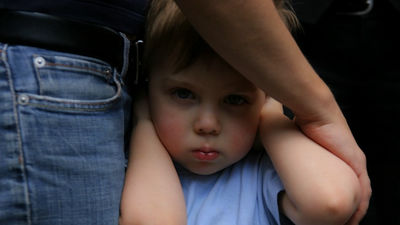When I search Google for 'how to deal with seizures', I get an instruction to do 'actions that should not be done'.

If you do a search on Google that asks something, you will see an '
iTWire --How a Google search could end up endangering a life
https://itwire.com/home-it/how-a-google-search-could-end-up-endangering-a-life.html
On October 17, 2021, Soft Linden, who is in charge of information security at Linden Lab, which handles the service 'Second Life ' that provides virtual space, said that the summary and actual page displayed in the results of Google search I complained on Twitter that the content was different.
The tweet is below. When Soft Linden searched for 'had a seizure now what?', A Google search snippet said, 'Suppress or try to stop. What's in your mouth?' Putting a snippet (which can hurt your teeth and jaw). Perform CPR or mouth-to-mouse artificial breathing during an attack. Give food and water until you regain consciousness. ' rice field.
The Google search summary vs the actual page pic.twitter.com/OJxt1FrBqh
— Soft Linden (@soft) October 16, 2021
This was extracted from the page of the University of Utah Hospital, and was listed in a bulleted list as 'Don't do' on that page. This seems like something to do in the event of a seizure, as the 'don't do' explanation was missing when summarized by Google search. If you read the contents of the snippet calmly, you can see from the context that you should not do it, but there is a risk that you will inadvertently follow the instructions when you are upset, such as when a person has a seizure in front of you. ..
Another Twitter user pointed out that Google Home would read the aforementioned 'what you shouldn't do in response to a seizure' as if the University of Utah Hospital had described it as 'what you should do.'
Oh no, it's just as worse on Google Home. This will legit get someone killed. Pic.twitter.com/nPenxJdqM0
— Taurus is tired (@TaurusSnowFox) October 16, 2021
Soft Linden's tweet, which reported a problem that could lead to a serious accident, received a great deal of attention, with 6795 retweets at the time of writing and more than 43,000 likes. In response, the University of Utah Hospital responded by saying, 'Recently, it was discovered that the questions and answers generated by Google search engines displayed incorrect information. We have confirmed that the search results will be corrected. We hoped to fix the content and take steps to get the search engine to scan the page again. '
We recently learned that a blog was displaying incorrect information in a question box generated by Google Search Engine. We have taken steps to modify the content and reindex the page in hopes that the information in the answer box will be modified by the Google Search Engine.
— University of Utah Health (@UofUHealth) October 17, 2021
As reported by the University of Utah Hospital, at the time of writing the article, 'Don't do' has been deleted from the page of the University of Utah Hospital that explains how to deal with seizures. Also, searching for 'had a seizure now what?' On Google does not show the snippet.

ITWire, an IT news site that took up this case, said, 'When I searched Google for what to do after a seizure, the word'don't do'was omitted and instructions that could be life-threatening were displayed.' I reported.
Related Posts:
in Web Service, Posted by log1l_ks







